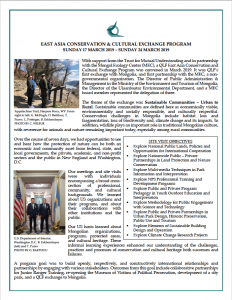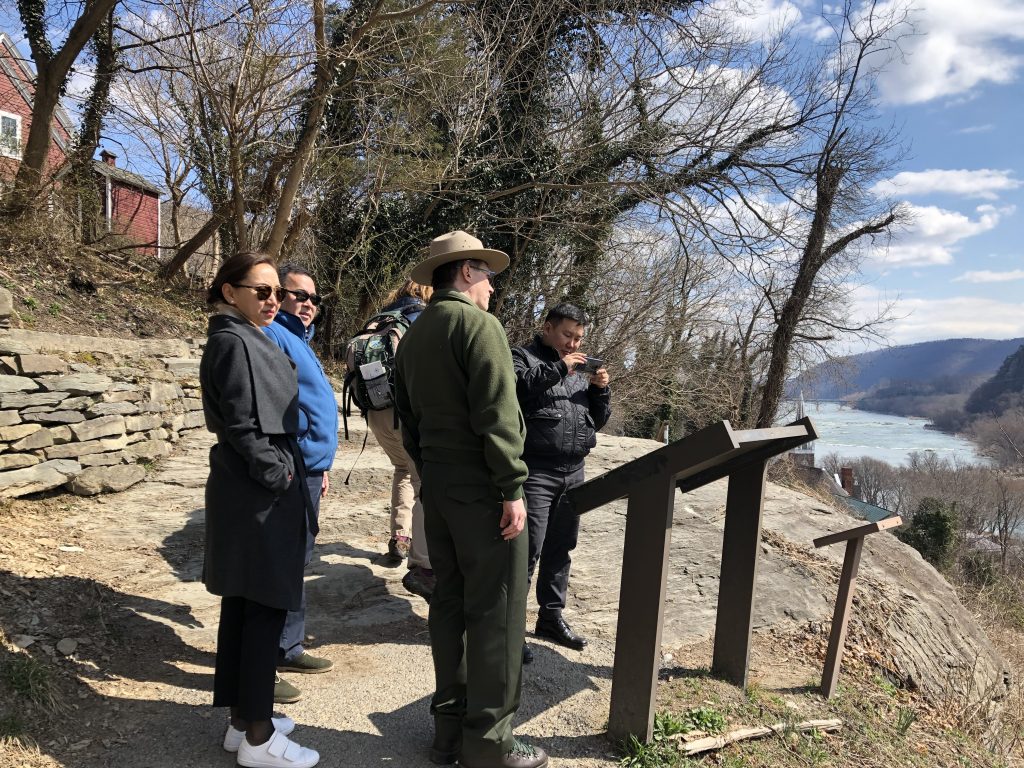Middle East
For over twenty years, QLF has directed exchange programs between conservation leaders from the Middle East and North America. Program Alumni now represent leading environmental organizations across the Middle East, North Africa, and the Gulf States. A central theme of the program is using the environment as a bridge to mutual understanding, allowing for cooperative conservation across geographies, political boundaries, cultural frameworks, and socioeconomic borders.
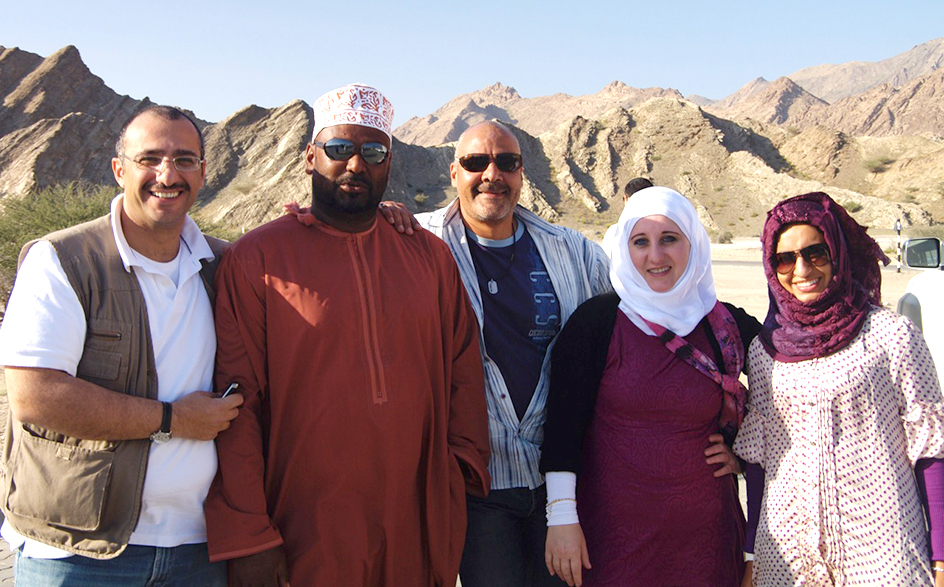
QLF Alumni gather at a Regional Meeting in Oman to mark the 20th Anniversary of QLF’s Middle East Program, 2012
Program Publications
- International Bird Observatory Conference Eilat 2019 Program Booklet (.pdf 2MB)
- International Bird Observatory Conference Eilat 2019 Abstracts (.pdf 1.7MB)
- Consensus Building and Collaborative Conservation (.pdf 17MB)
- The Case for Support (.pdf 5MB)


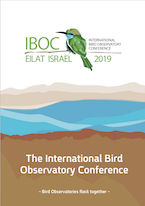
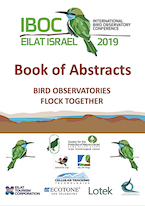
Gulf of Honduras
QLF’s Gulf-to-Gulf Conservation Exchange Program seeks to share models for stewardship of natural resources and cultural heritage across the Western Hemisphere. Building on two decades of programs in-region, a current focus is on the Gulf of Honduras: Belize, Guatemala, Honduras, and southern Yucatan (Mexico), and an exchange on marine and coastal conservation in the Gulf of Maine.
A core element of the program is a Fellowship that brings Latin American and Caribbean practitioners together with their counterparts in New England to exchange innovations and experience, and to develop new strategies for meeting conservation challenges. The theme of the 2016 Fellowship Program is Conservation and Stewardship, with an emphasis on collaborative management and other techniques to involve diverse stakeholders in conservation and resource management, with a particular focus on coastal and inshore marine issues.
Southeast Asia
QLF held the first Southeast Asia Conservation Exchange Program (July 2014) designed to share knowledge, expertise, skills, resources, and training on land conservation and forest stewardship. Despite our different geographies (U.S. and Vietnam), both countries share conservation challenges. Prior to the program and reported by QLF President Larry Morris, Vietnamese conservation leaders – faced with daunting hurdles in implementing plans for forest protection and biodiversity conservation – indicated a strong interest in tapping QLF’s knowledge of stewardship approaches of parks and protected areas; and exploring principles in large landscape conservation.
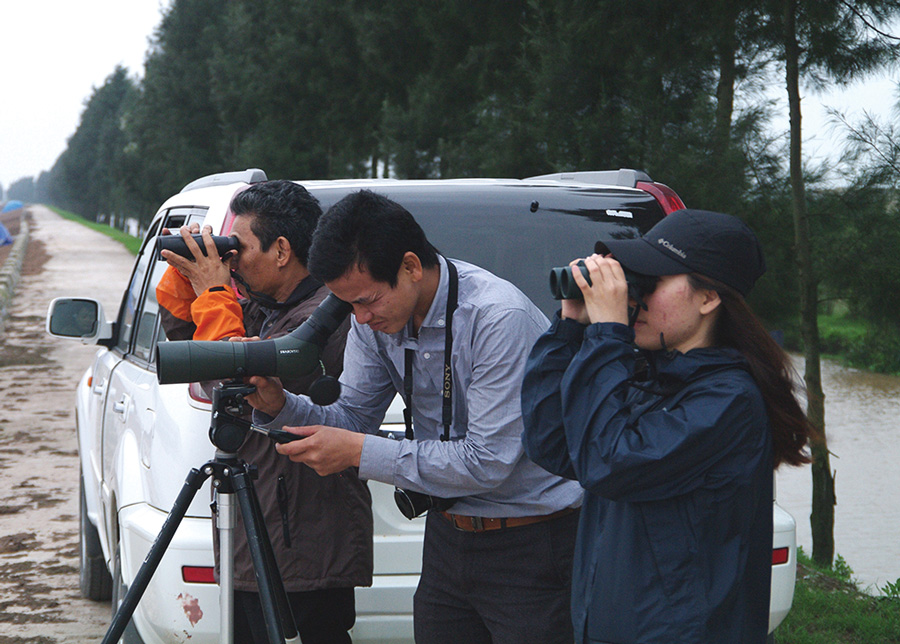
Vietnamese Fellows birding, 2014
East Asia
With support from the Trust for Mutual Understanding and in partnership with the Mongol Ecology Center (MEC), a QLF East Asia Conservation and Cultural Exchange Program was convened in March 2019. It was QLF’s first exchange with Mongolia, and first partnership with the MEC, a non-governmental organization. The Director of Public Administration & Management in the Ministry of the Environment and Tourism of Mongolia, the Director of the Ulaanbaatar Environmental Department, and a MEC board member represented the delegation of three.
The theme of the exchange was Sustainable Communities ~ Urban to Rural. Sustainable communities are defined here as economically viable, environmentally and socially responsible, and culturally respectful. Conservation challenges in Mongolia include habitat loss and fragmentation, loss of biodiversity and, climate change and its impacts. In addition, wildlife plays an important role in traditional Mongolian culture, with reverence for animals and nature remaining important today, especially among rural communities.
Download the full report on the Exchange here.
